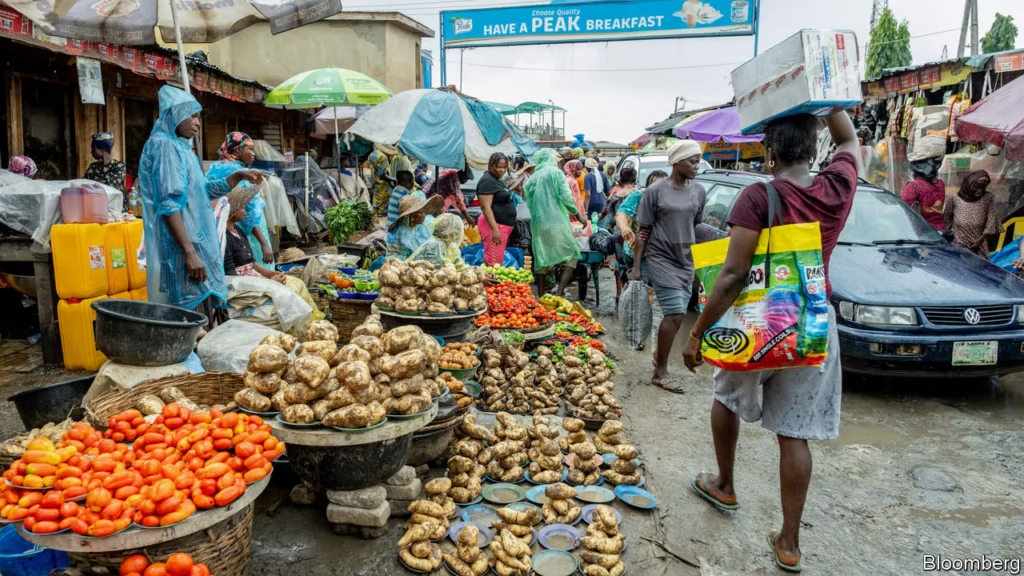For decades, Nigeria, Africa’s largest economy, has faced one economic challenge after another. From the oil price collapse of the 1980s to the persistent crises that followed, many have doubted the country’s ability to turn its fortunes around. Yet, Nigeria now stands at a crucial turning point, fueled by bold reforms that, if sustained, could reshape its future and impact the entire continent.
A Wave of Reforms
Over the past year, the Nigerian government has undertaken politically challenging reforms that are reshaping the country’s economic landscape:
- Unified Exchange Rates: Nigeria now operates a market-determined exchange rate, eliminating the disparity between official and parallel markets. Previously, this system resulted in losses equivalent to 38 cents on every $1 of government oil export revenue, benefiting a select elite. The reform has reduced implicit taxes on agriculture and manufacturing exports, fostering greater competitiveness.
- Petrol Subsidy Removal: Costly and regressive fuel subsidies are being phased out, improving public finances and bolstering the naira’s credibility as a currency.
- Monetary Discipline: The central bank has ended deficit financing and raised policy rates by 850 basis points over nine months to anchor inflation expectations. These measures, though painful, signal strong political commitment to change.
The Road Ahead
Despite these achievements, Nigeria’s journey is just beginning. To secure long-term growth and stability, policymakers must focus on three critical priorities:
- Fostering Non-Oil Growth
- Maintaining a competitive exchange rate is essential to drive non-oil exports and shield the poor from inflation’s impact.
- The central bank must avoid short-term capital inflows that could overvalue the naira and hinder non-oil growth.
- Rebuilding foreign-exchange reserves will provide a cushion against external shocks.
- Protecting Vulnerable Households
- Inflation remains high, necessitating measures to protect those most affected.
- The government has initiated large-scale, targeted cash transfers and must establish long-term safety nets to safeguard the vulnerable.
- Creating a Business-Friendly Environment
- Job creation is critical, with over 12 million Nigerians set to enter the workforce in the next decade.
- Private investment—both domestic and foreign—must be stimulated in the non-oil sector to generate sustainable employment opportunities.
A Call for Collective Action
Nigeria’s reforms have the potential to serve as a blueprint for economic transformation across Africa. However, this success hinges on political consensus and sustained global support. The country’s elites must prioritize long-term stability and shared prosperity, while the international community should actively support Nigeria’s efforts to ensure the success of these reforms.
Failure to maintain this momentum would not only derail Nigeria’s progress but also dim the hopes of millions across the continent who look to Africa’s largest economy for leadership and inspiration.

